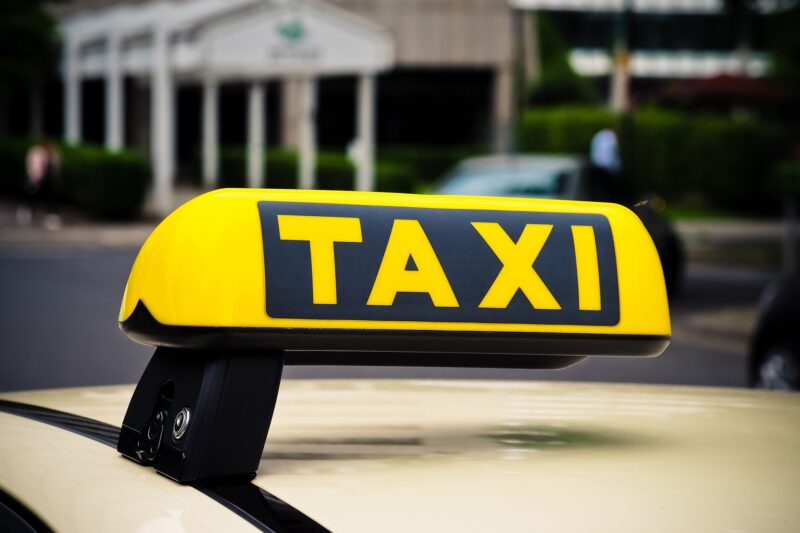The top three reasons a city’s taxi drivers lose their licences have been revealed . . . and show the majority of fleet consists of honest, hard-working drivers.
Leeds City Council has revealed that in the past four years, 86 drivers of its 6,000-strong taxi and private hire fleet have had their licences revoked, leaving them unable to earn and often having to pay to maintain their vehicles.
The Yorkshire Evening Post reports that plying for hire – where private hire drivers illegally pick up passengers in the street without a prior booking – was the main reason for bans and was responsible for 29 of the revocations. Only hackney carriages, with public hire insurance, are allowed to pick up passengers in the street or from a taxi rank without a booking.
The second biggest reason behind bans was inappropriate behaviour, with 22 drivers losing their taxi licences for a variety of unspecified incidents.
The third main reason for licences being revoked was motoring offences, which led to 20 drivers being disqualified. Although the figures do not specify the reasons, speeding is usually the main motoring offence committed by taxi and private hire drivers.
While not diminishing the significance of the bans, the good news for the taxi fleet is that the total number of drivers losing their licences represents a drop in the ocean – 1.43% – compared to almost 6,000 who comply with the laws and regulations. But it should serve as a warning that the consequences of lapses in judgement are severe, with drivers losing their livelihoods until they can get their licences back.
And even then, they may find there are restrictions imposed on them by the licensing authority and if their ban resulted from motoring offences, they may also find that their taxi insurance premiums have increased because they are considered to be higher risk by insurers.
This means that any savings they might have made by switching to an EV or upgrading to a less-polluting vehicle may be swallowed up by higher premiums.
And in some of the worst cases, revocations may even be permanent.
Ahmad Hussain, chairman of the Leeds Private Hire Drivers Organisation, told the Yorkshire Evening Post the figures demonstrated that the trade was predominantly full of good people.
He said: “86 drivers across four years is, in the context of the whole trade, a minimal number. It proves what we’ve said all along, which is that the vast majority of drivers are decent, honest people who work hard and protect the travelling public they carry around with them. We don’t need the bad eggs.”
Mr Hussain said he hoped this would encourage the council to change its process for reviewing taxi drivers’ licences. Currently, council officers decide whether to revoke a licence based on evidence and information received.
Instead, he would like to see Leeds introduce a system adopted by other councils in which a panel of councillors makes the decision, and those involved can plead their case and offer any mitigating circumstances.
The panel format is being seen as a key move to improving relations between the council and the taxi fleet after new rules brought in last year meant that the threshold for drivers losing their licences for minor offences was reduced from 12 points to 9 points.
The LPHDO told the Yorkshire Evening Post that the change was disproportionate, given that taxi drivers spend more time on the road than the average motorist.
As well as bans for the offences and infringements already mentioned, the Yorkshire Evening Post discovered that 76 drivers had their licences suspended last year, though in nearly half of all cases that was due to medical reasons.
What do you think of the punishments handed out to taxi drivers who ignore the rules?


